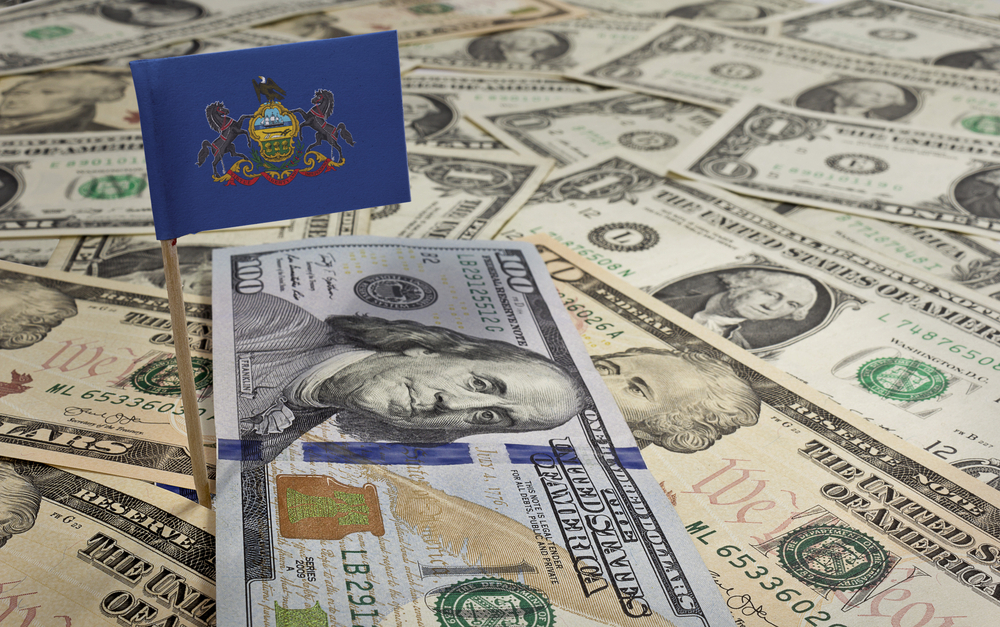
A group of Republican state legislators recently introduced several bills that propose reforms related to the state’s financial management.
“As the governor prepares to give his budget address, which is likely to call for more taxes of some kind, my colleagues and I will be focused on using state funding more responsibly and advocating for more prudent financial policies to protect taxpayers for years to come,” Rep. Matthew Dowling (R-Fayette/Somerset) said in a press release.
Sen. Kristin Phillips-Hill (R-York) and Rep. Seth Grove (R-York) introduced Senate Bill 885 and House Bill 1861, respectively. The bills propose an amendment to the state’s Constitution to address spending by the governor that exceeds the amount approved in the annual state budget.
Grove also sponsored House Bill 1988, which would transfer $2 billion of special funds into the General Fund to reduce the need to borrow and prevent cost increases for taxpayers.
Rep. Tim O’Neal (R-Washington) introduced House Bill 1989, which proposes an amendment to the state Constitution that would require all surplus funds to go into the Rainy Day Fund. It would also require a two-thirds vote of the General Assembly to spend money from the Rainy Day Fund.
Rep. Andrew Lewis (R-Dauphin) introduced House Bill 1990, which would create a Council on State Finance to encourage a more collaborative approach to the Commonwealth’s finances.
Rep. Dawn Keefer (R-York/Cumberland) introduced House Bill 1991, which proposes an amendment to the state’s Constitution to prevent the creation or use of special funds.
House Bill 1316, introduced by Rep. Ryan Warner (R-Fayette/Westmoreland), would set a constitutional limit on state spending that would be based on population growth and the Consumer Price Index.
Rep. Frank Ryan (R-Lebanon) introduced House Bill 1995, which would establish a Bipartisan Keystone Solvency Operating Commission to study financial decisions that have led to the insolvency of other governmental entities.
“If we can build more of a cushion by strengthening our reserves, we will be able to weather the times of the year when spending outpaces our revenue without socking taxpayers with another bill,” Dowling said. “Last year, we invested $317 million in the state’s Rainy Day Fund. Clearly, we need to do more.”